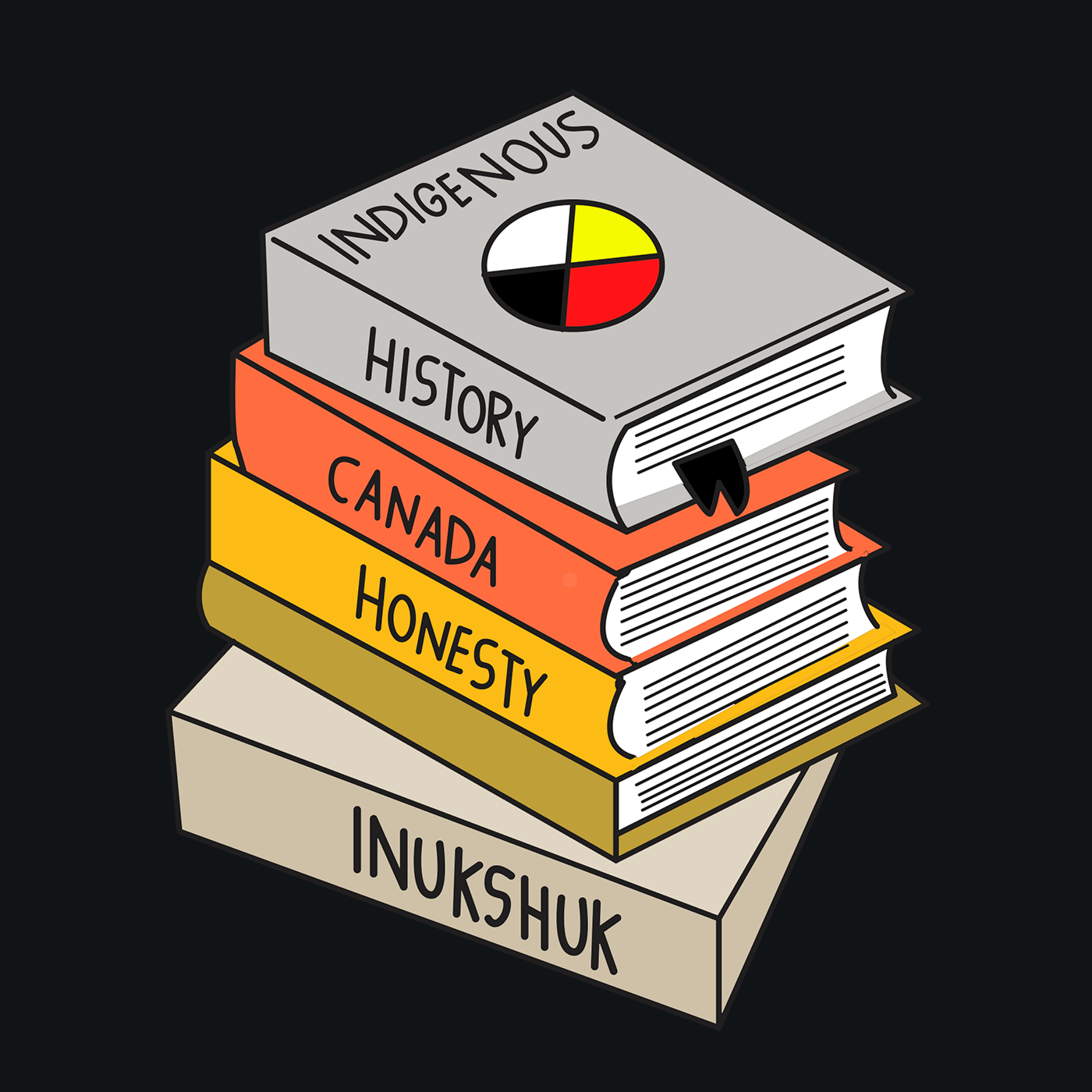Why settlers should take Indigenous-related courses in university and step out of ignorant bubbles
When I think back to what I learned about Indigenous Peoples in Canada in elementary and high school, I honestly can’t remember much. I can remember being taught about sedentary and nomadic tribes and that the first inhabitants of North America arrived around 10,000 years ago by crossing the Bering Strait, a theory which has been heavily disproven. However, once we reached the 15th century, we quickly set aside and forgot about Indigenous history and focused solely on the Europeans, who had “discovered” this “barren” land.
To this day, I can still tell you the historical significance of places like Montreal’s Hôtel-Dieu and the Plains of Abraham. I can tell you all about Jean Talon and Samuel de Champlain and the importance of the seigneurial system in Quebec. However, my knowledge about Indigenous Peoples in Canada is nowhere near as extensive. I am a settler who, up until my post-secondary education, had only been exposed to the opinions of other settlers. So, when I was taught about events like the Oka Crisis and Residential schools, they were explained as incidences that happened in the past. We never spoke about the influences that these events still have on today’s Indigenous Peoples.
As I would come to find out in my later years, what I had been taught about the history of Indigenous Peoples in Canada was only the first page of a multivolume anthology of injustices and social suffering. Hence, it should come as no surprise that I describe my first introductory course, Native Peoples of North America, as a humbling experience. I quickly realized that what I had been taught about Indigenous Peoples throughout my academic career, and by the media that I consumed, was shrouded in prejudice and delusions.
Through class discussions, I was able to find solace in the fact that I was not the only one who felt as though they were unacquainted with the often egregious acts Indigenous Peoples were, and continue to be, subjected to. Many expressed having high school experiences similar to my own, regarding the information, or lack thereof, that they received. Feelings of bitterness and ignorance were shared by many of us in that class.
Furthermore, international students in the class admitted that they never realized that Canada had such a dark history. They were stunned, as I was, by the country’s ability to hide its racism from the rest of the world. This skill has granted us the international reputation of being one of the friendliest nations on Earth. However, our past and current mistreatment of Indigenous Peoples and their land certainly doesn’t quality for praise.
There is clearly a need for us, as settlers living in Canada, to acknowledge this country’s colonial legacy, while also recognizing the resilience and resistance of Indigenous Peoples. However, how can this be achieved if some are still ignorant to what is really going on?
In order to be supportive allies, we need to be well-informed and open-minded to both the issues at hand and their historicity. Our progress lies in the ways we are educated about Canada’s history. Present and future Canadians must be taught the truth—from elementary to university, and beyond.
What is most rewarding about taking these courses is the opportunity they grant for open and honest discussions about taboo topics. Personally, I found that being able to hear from guest speakers and individuals from different Indigenous communities was invaluable. These interactions enabled myself, as well as my classmates, to challenge our implicit biases and recognize that we all share a common humanity.
Having access to courses and resources about Indigenous issues, culture, and history is fundamental if we are serious about ensuring that all members of the future Canadian society are treated fairly. The good news is that we go to a school in which these things are available to us. Concordia offers courses with Indigenous content in programs such as anthropology and history. Better yet, Concordia’s First People Studies department offers courses and events which cover a wide array of topics from political and social issues, to those of health and storytelling. Willfully choosing to stay ignorant when given the opportunity to be informed is nonsensical. I encourage you all to consider taking a course with Indigenous content during your academic career.
Graphic by @spooky_soda
